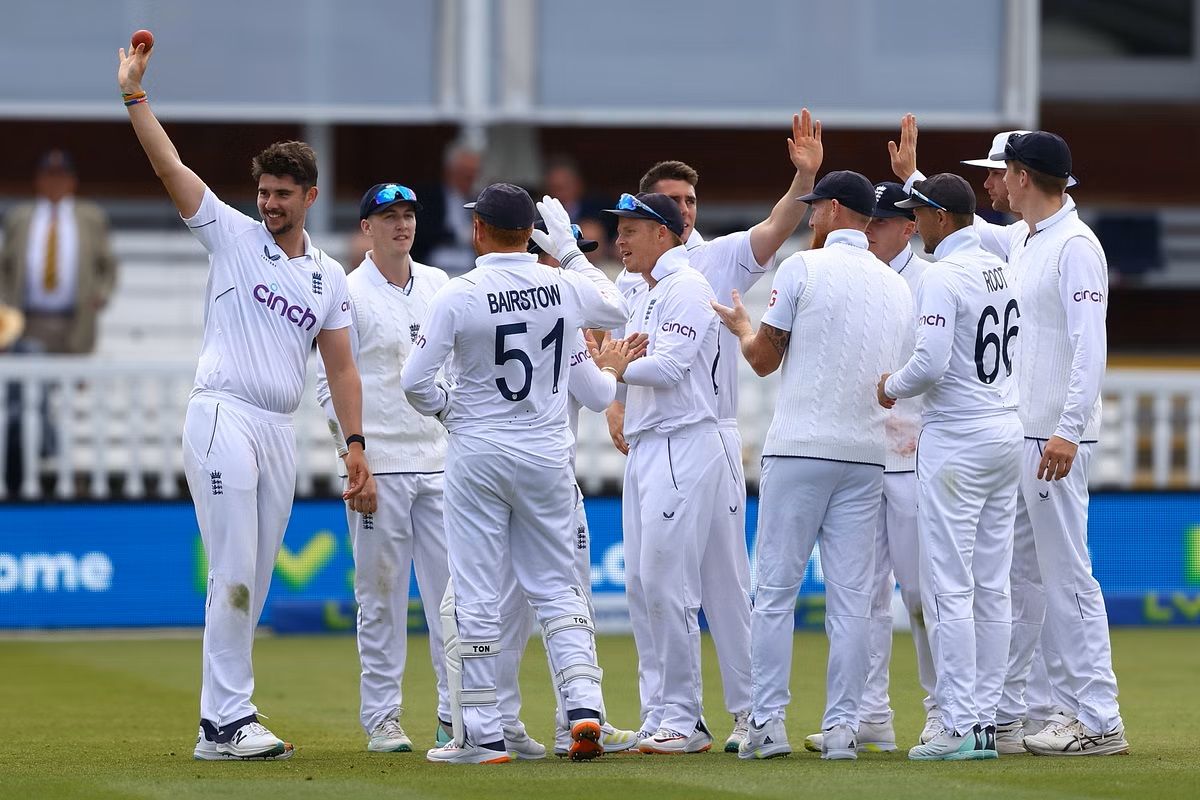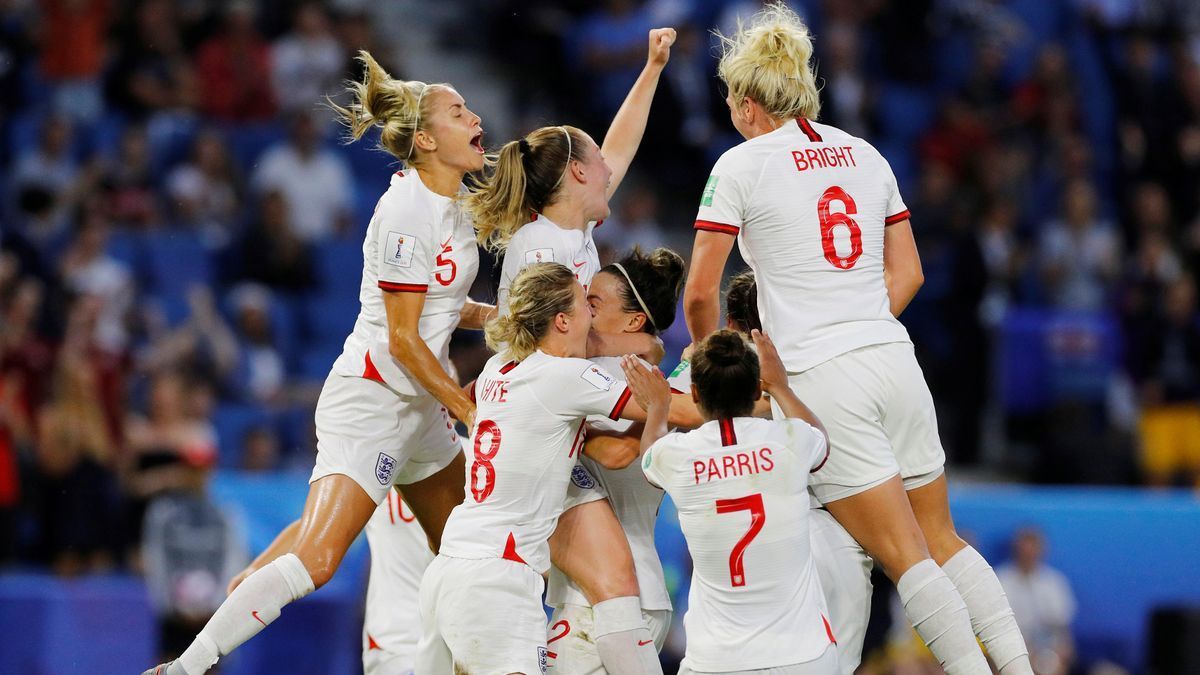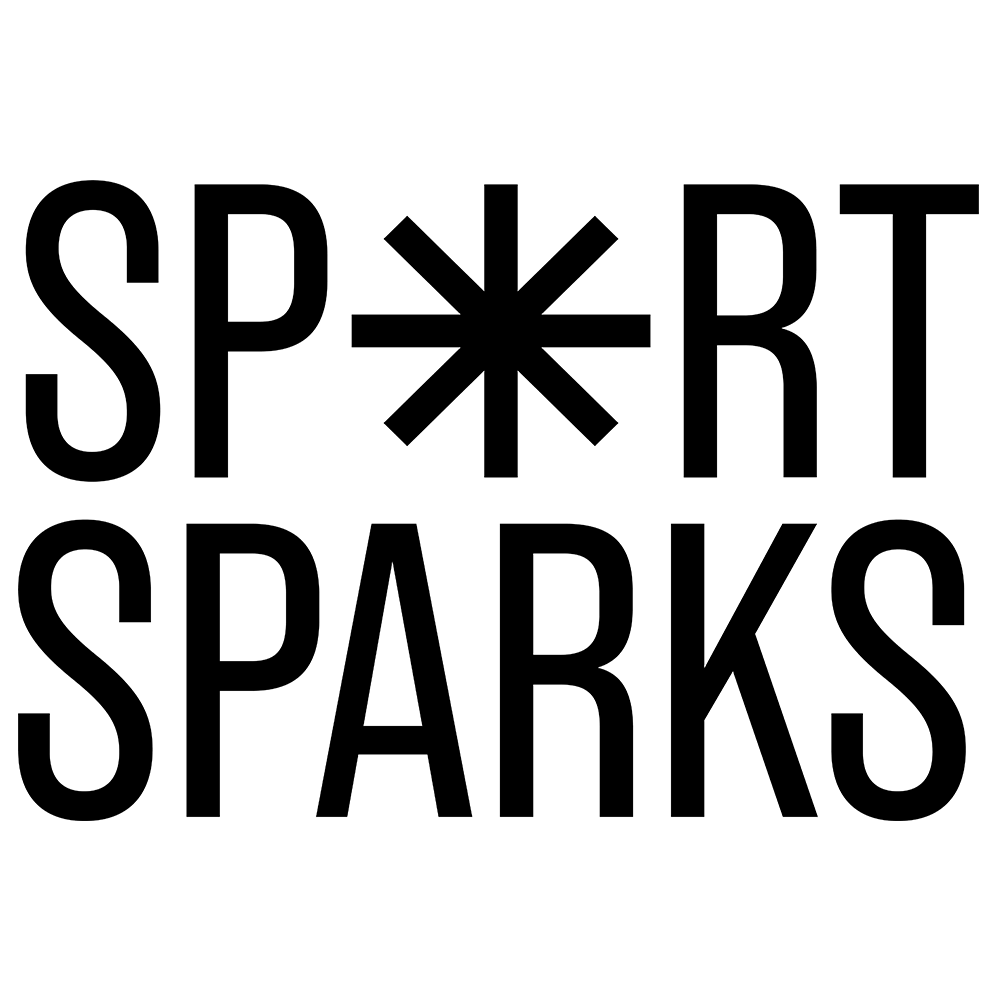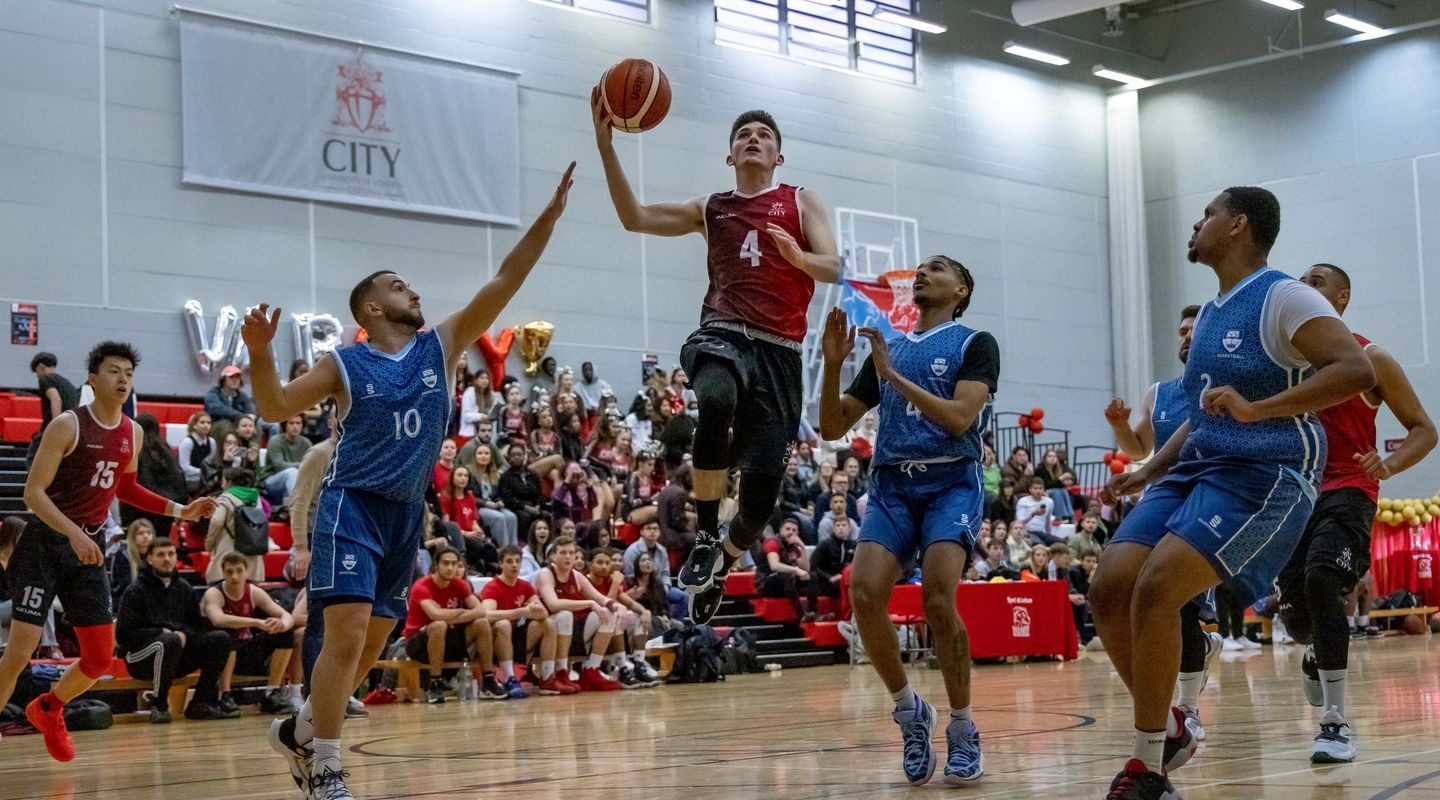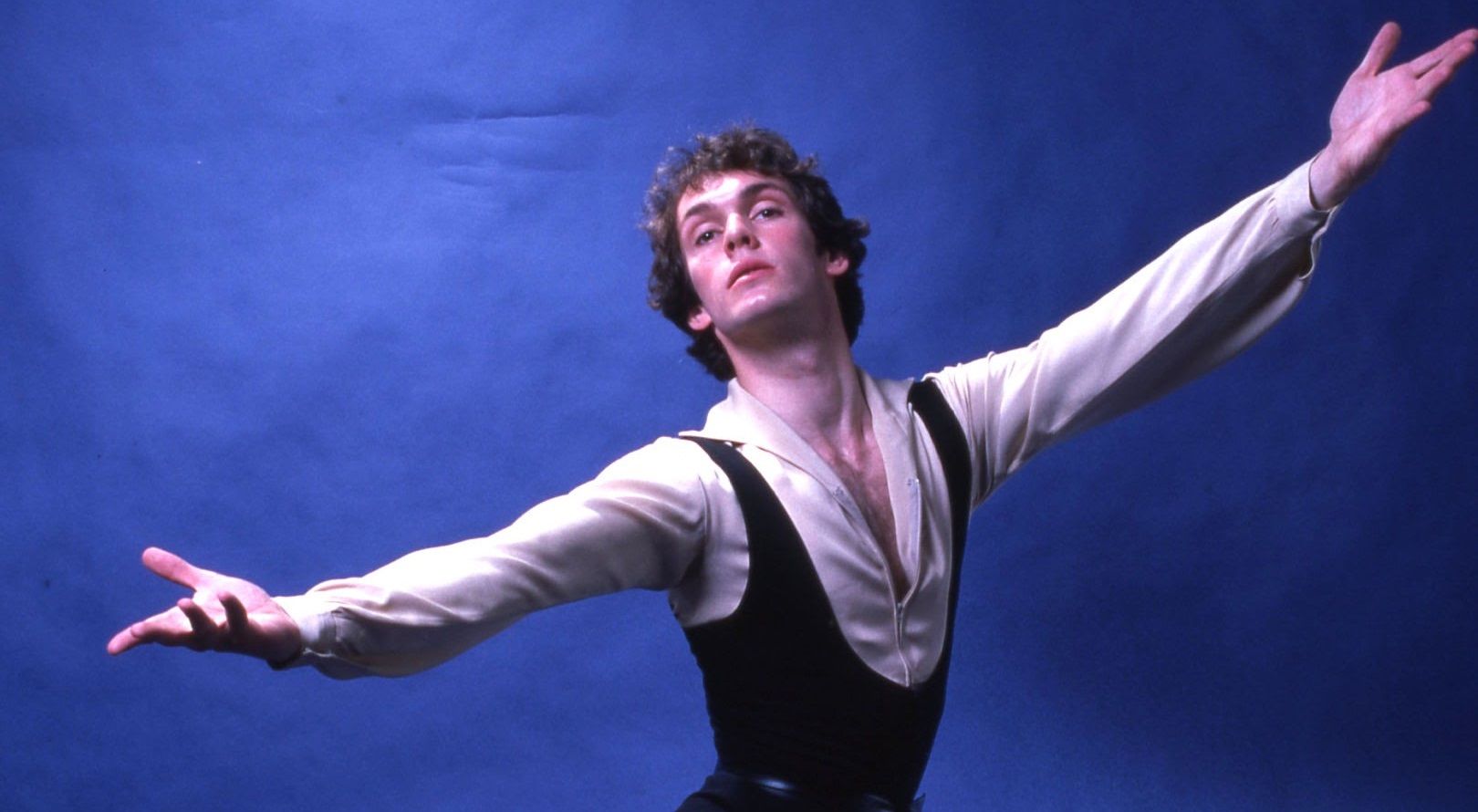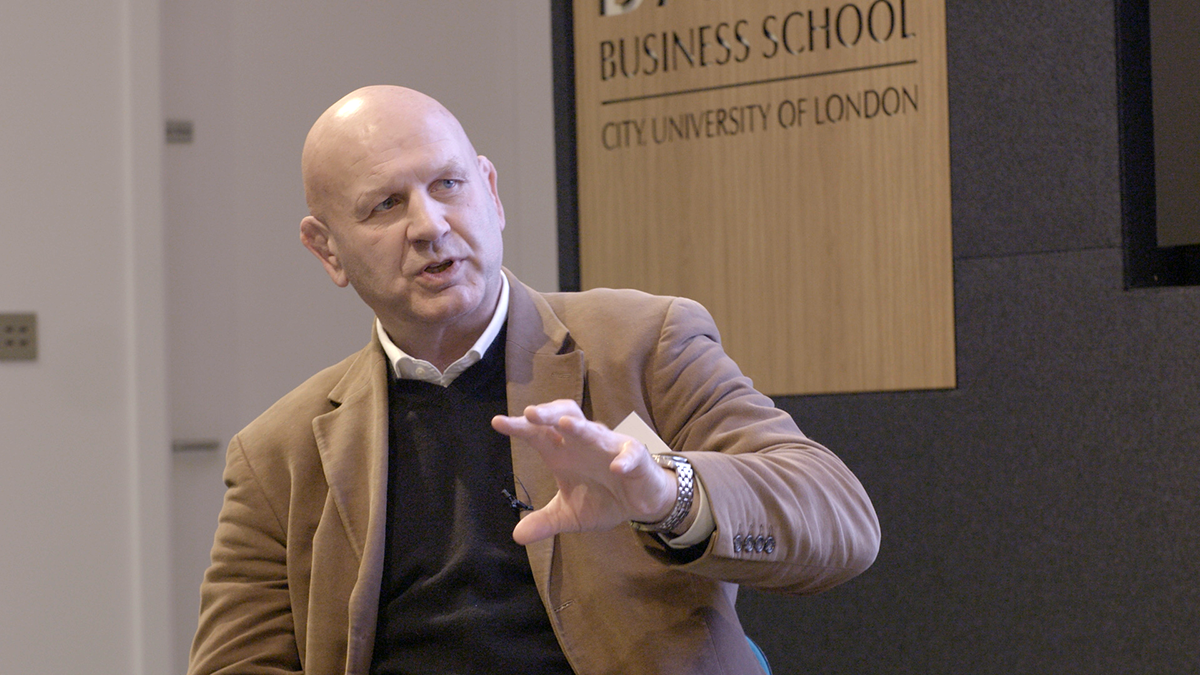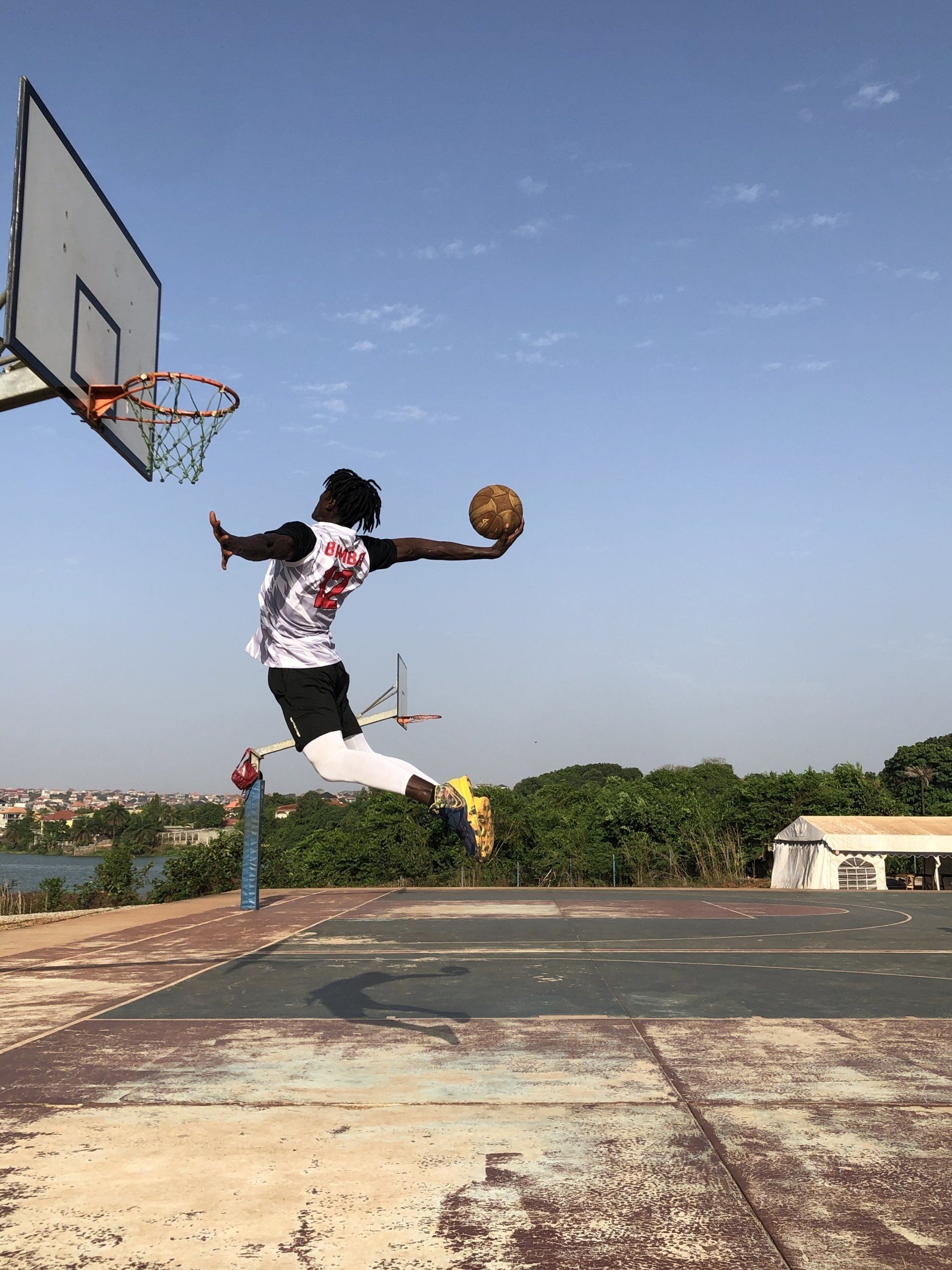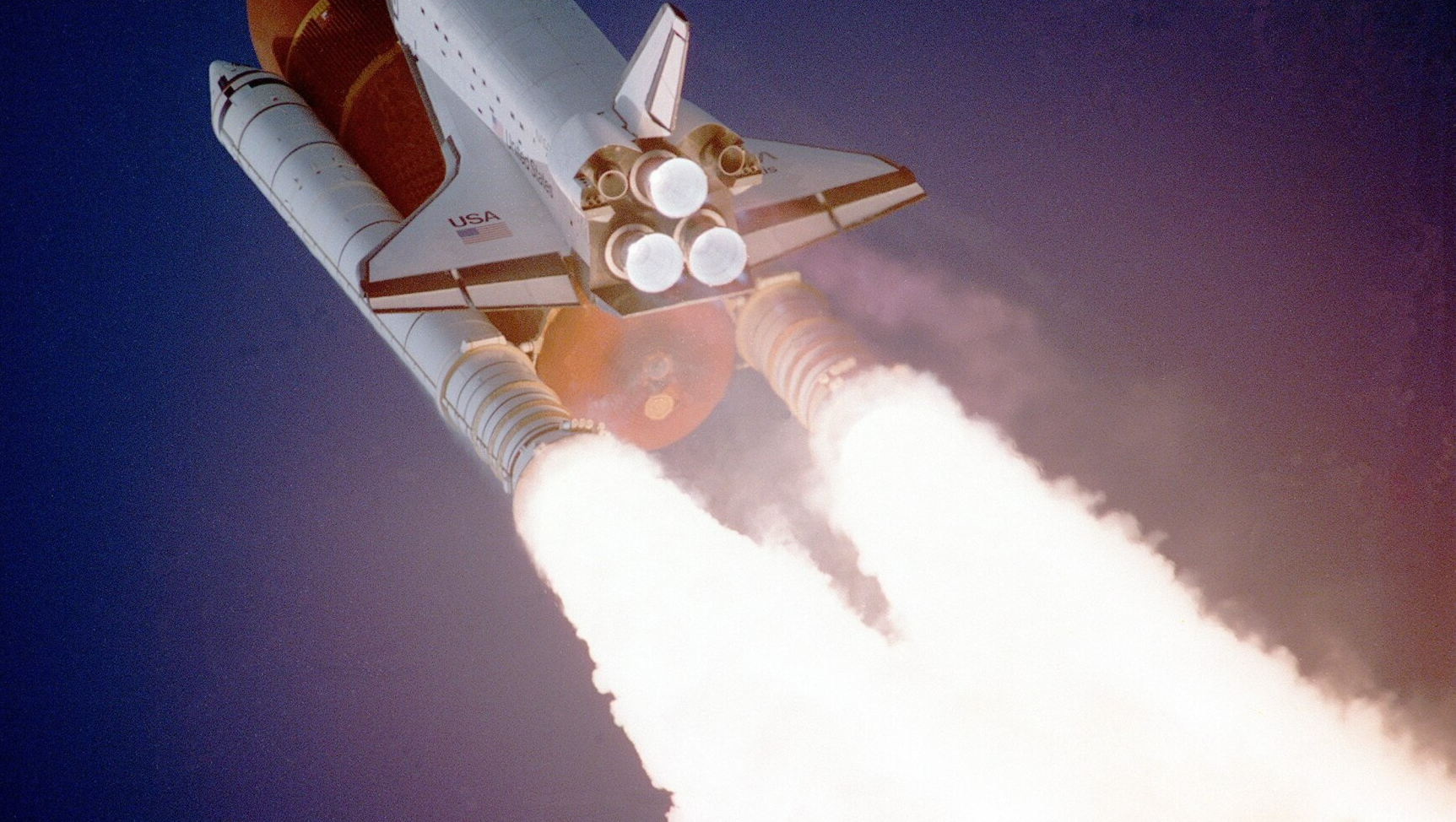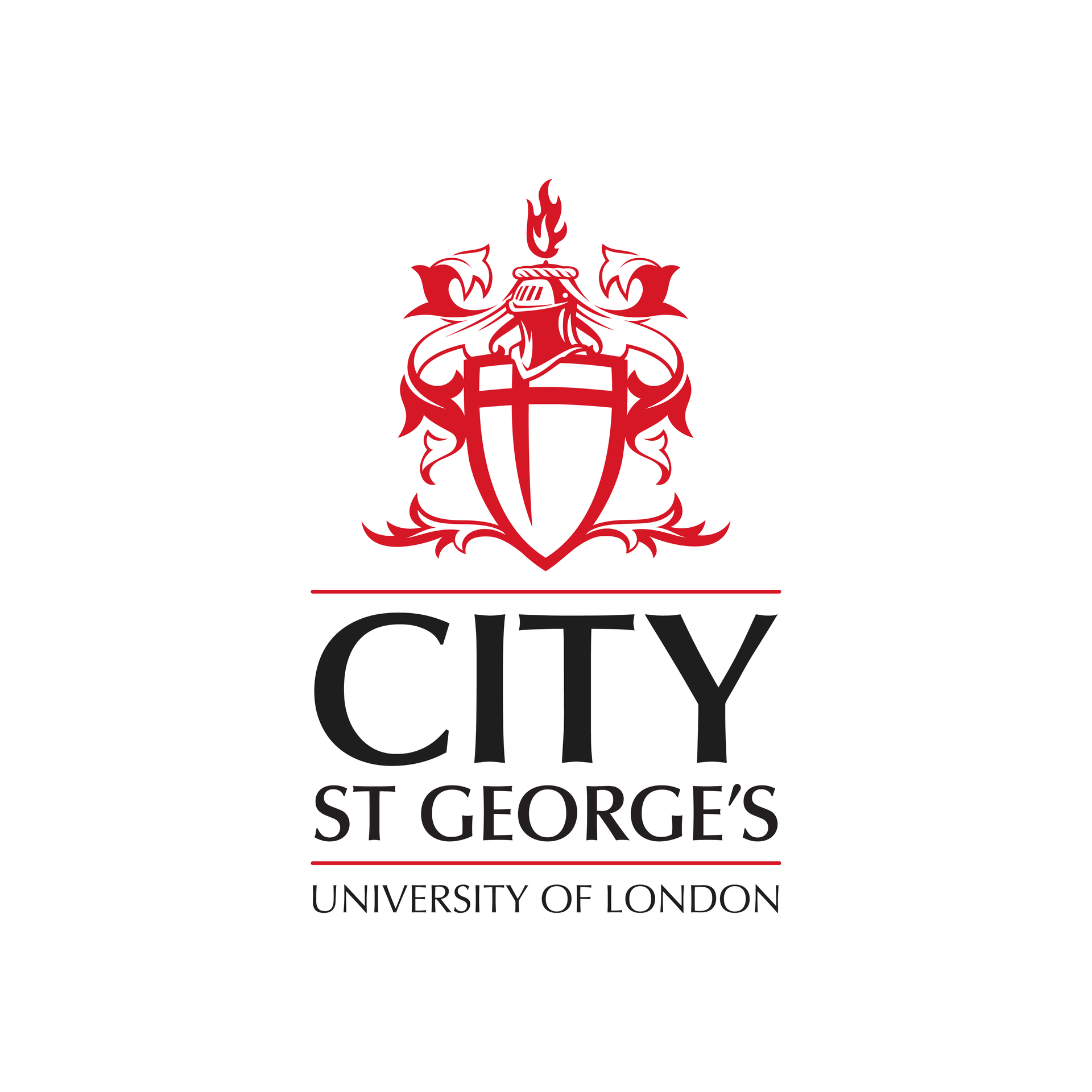How did first time Wimbledon champ Carlos Alcaraz overturn Djokovic’s decade long winning streak?
No one really thought that a 20 year old - even one as physically strong as Alcaraz - would have the psychological chops to smash Djokovic. At this level of elite sports, where athleticism is pretty equal, winning and losing boils down to mindset more than muscle. In this blog we breakdown how Alcaraz has developed a number of creative problem solving practices that enable him to conquer the one of the world's most successful players, a tennis Terminator, undefeated at Wimbledon in decade.
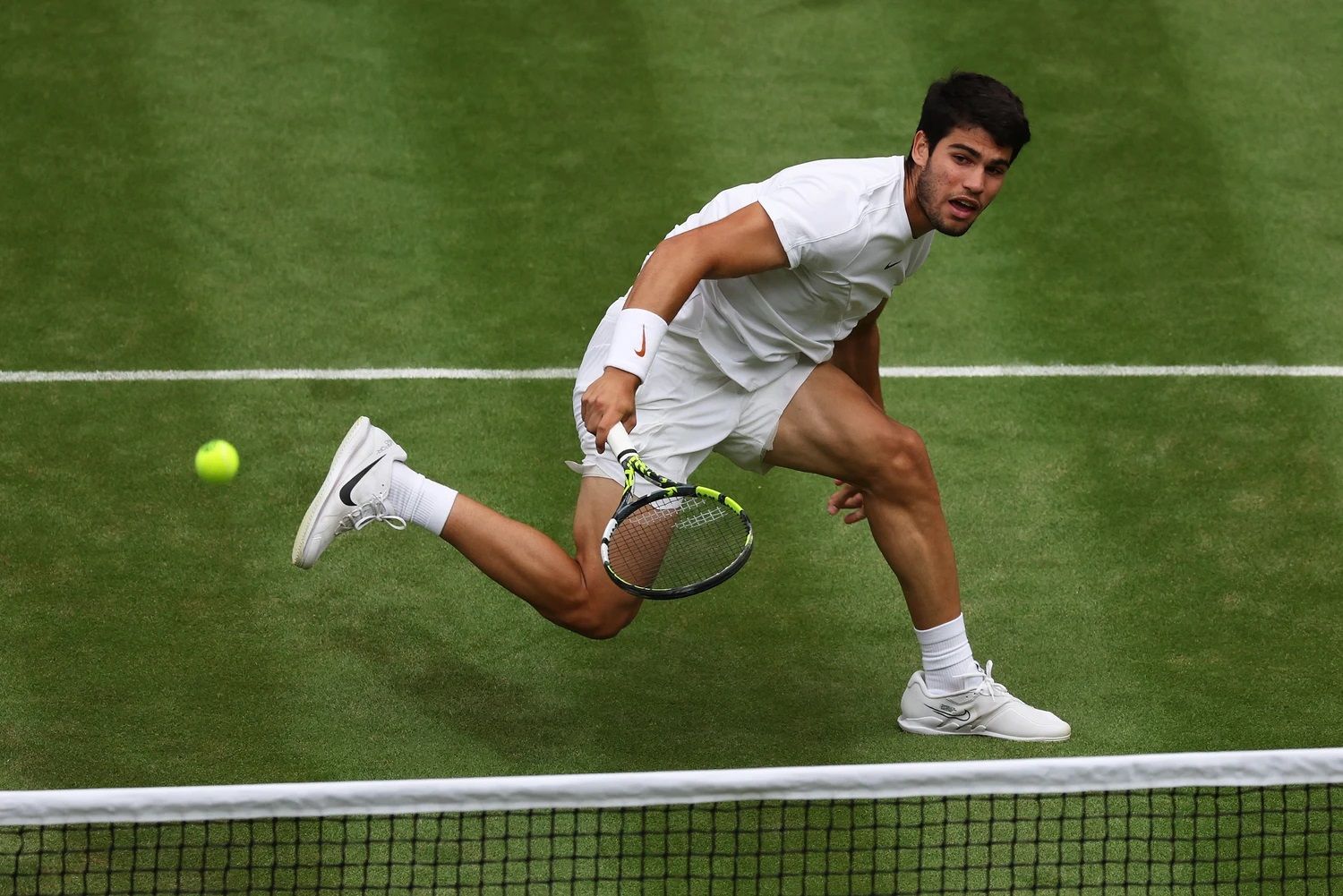
Carlos Alcaraz at Wimbledon 2023. Photograph: Getty
The right mindset
The final against Djokovic was a lengthy and tense affair, an exhaustive display of determination lasting 5 sets totalling 4 hours 42 minutes. That’s when the mental as well as the physical comes into play: "‘I am able to do that’, that’s his mindset" commented Alcaraz’s coach, Juan Carlos Ferrero, on his player’s positive mentality.
Alcaraz himself said about the final match: “I fought until the last ball. Every ball, I think we made great rallies, great points. It was long, long match, long sets. I think was the mental part that allow me to stay there during the five sets.”
Positivity is crucial when it comes to creative solutions. Dr. Ruth B. Noller, noted mathematician, computer programmer, and professor of creativity studies, came up with a formula for creativity: C=fA(K,I,E); Creativity is a function of your personal Attitude multiplied by your Knowledge, Imagination and Evaluation. Noller was quite clear that Attitude mean positive attitude – you will struggle to be creative with a pessimistic mindset.
Getting inspired
Carlos Alcaraz utilises a wide variety of styles that he has learned from other tennis players, meaning his game is very adaptable to the person he is competing against. His coach, Juan Carlos Ferrero, says: "You can say that you need to take the best examples available to add things to your game, absolutely. Federer’s movement, Nadal’s mentality and so on." Looking back on this quote probably makes most people wonder what Alcaraz might have borrowed from Djokovic’s own wheelhouse to defeat him.
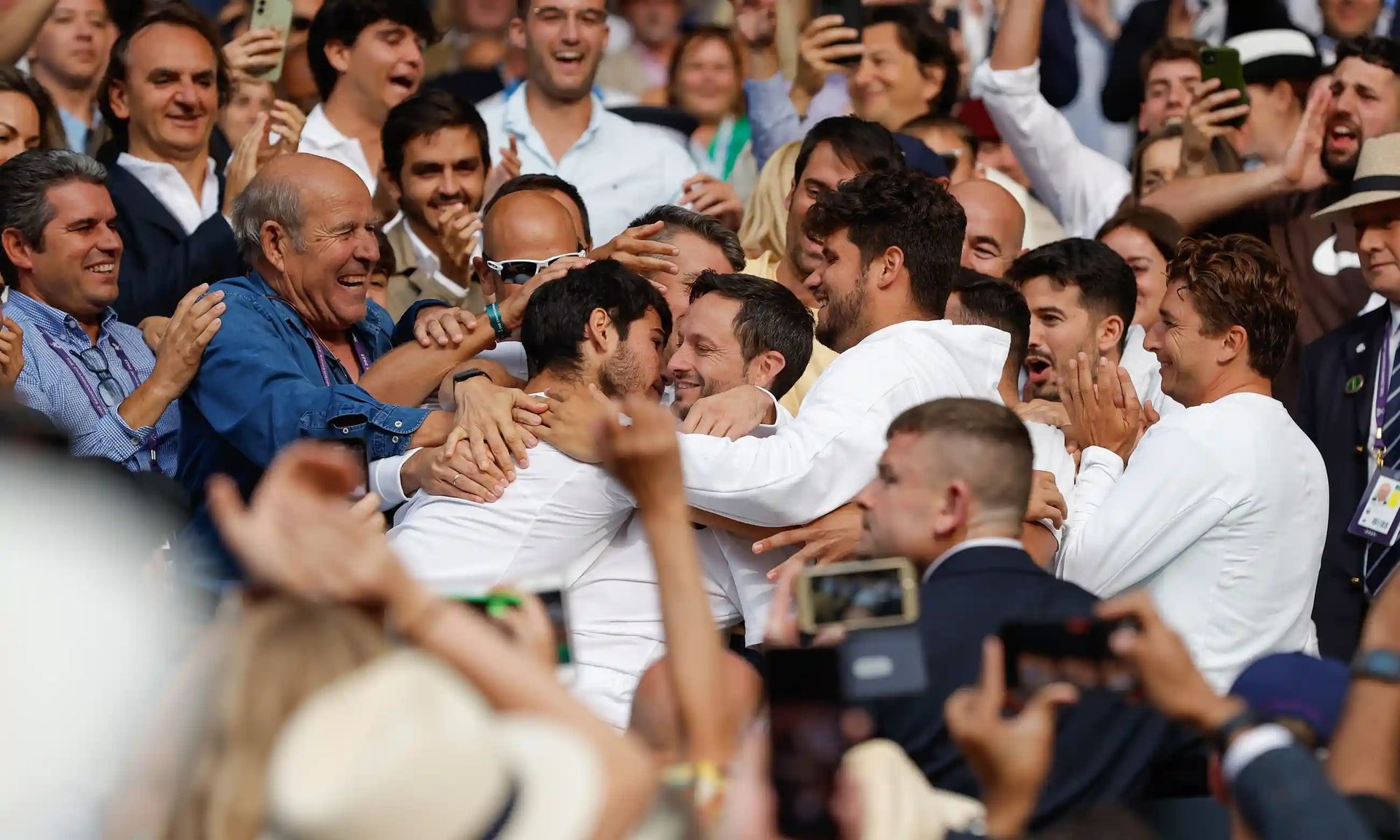
Carlos Alcaraz celebrates victory with is team. Photograph: Tom Jenkins/The Guardian
Ferrero also helped Alcaraz refine his strengths by practising against top players: “One of the greatest things I remember about him happened when he was 15, when he practised with players that were much better than him, like Dominic Thiem in Rio de Janeiro. He adapted his speed to Thiem’s speed.” As is written in the Sport Sparks creative guidance, refining ideas is an important part of innovating and finding creative solutions.
Collaboration
Alcaraz is coached in a collaborative way, as Ferrero points out: "I like to talk a lot with the players about how we have to do things, generally, and on the court, of course.
I ask the player what he thinks. I’m not the type of coach, like [who says] ‘You do that and you apply without discussions’. We debate everything."
Being open to new ideas and different ways of doing things is an important component of creativity, and can be read about in more detail on our creativity triggers for training page – a great way to think more broadly about coaching styles.
There's more: Ferrero takes time to build a psychological culture that is safe: "Coaching has to be bigger than hitting balls, bring towels, making drills. You have to talk about absolutely everything with your player. If you talk only about tennis you make a burnout don’t you?" As business guru and Ted Talker Margaret Heffernan says "creativity comes from the bonds between people" (Heffernan 2021). It is important to build strong relationships and trust between athletes and the coaching team.
Heffernan suggests that the starting point of any collaboration is spending “significant amount of serious time” getting to know collaborators as people, not specialists. She cites Tom Mallone’s[1] research on the nature of collective intelligence[2]. His finding is that outstanding teams have strong connections to each other, and do not allow dominant voices. You can see how much Alcarez values his team and his family - after winning at Wimbledon he rushed into the crowd to celebrate with his manager and family: “It's big moment not just for me, but for my family, for all the people around me.”
Roll on the next Grand Slam!
If you are looking to up your game using creative strategies like Alcaraz and Ferrero, try using the Sport Sparks app to ace your training.

